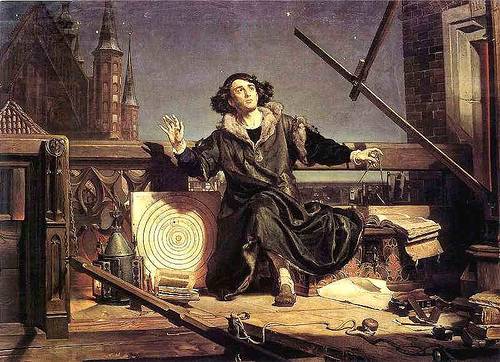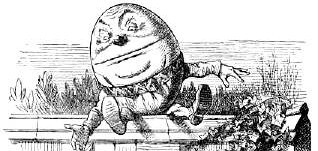I had often, cowled in the slumbrous heavy air,
Closed my inanimate lids to find it real,
As I knew it would be, the colourful spires
And painted roofs, the high snows glimpsed at the back,
All reversed in the quiet reflecting waters –
Not knowing then that Durer perceived it too.
Now I find that once more I have shrunk
To an interloper, robber of dead men’s dream,
I had read in books that art is not easy
But no one warned that the mind repeats
In its ignorance the vision of others. I am still
The black swan of trespass on alien waters.
That’s from “Durer: Innsbruck, 1495,” a poem by Ern Malley. When it was celebrated in the Australian modernist magazine Angry Penguins, its real authors, James McAuley and Harold Stewart, stepped forward. Not only had they written the poem, they said, but they had “deliberately perpetrated bad verse”: “We opened books at random, choosing a word or phrase haphazardly. We made lists of these and wove them in nonsensical sentences. We misquoted and made false allusions.”
The point, they said, was to show that modern critics had become “insensible of absurdity and incapable of ordinary discrimination.”
The critics insisted that they had accidentally created a masterpiece.


